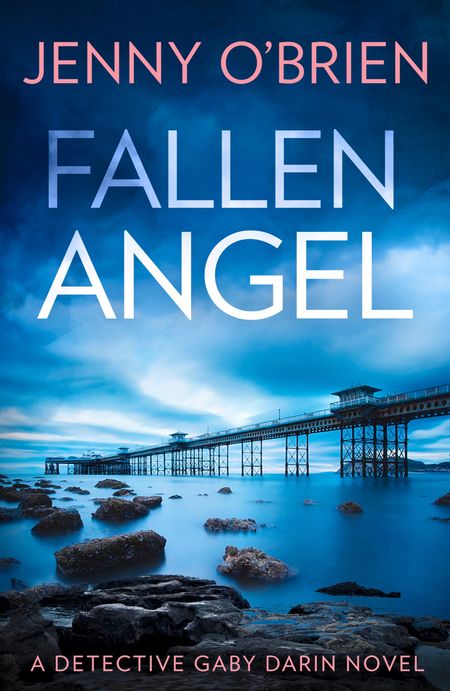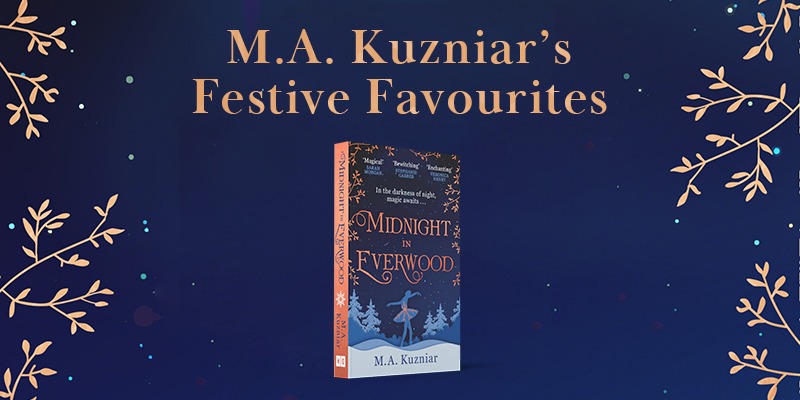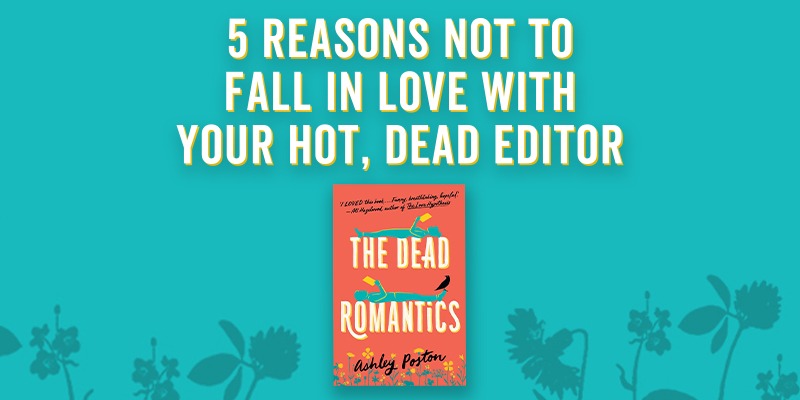Are you trying to write crime this NaNoWriMo, but aren’t sure how to tackle the genre? Have no fear – Jenny O’Brien is here to help you out. Author of the Detective Gaby Darin series, O’Brien is the perfect person to give you a crash course in writing crime fiction with her top four tips.
Tip #1: Stand out from the crowd, but in a good way
The crime fiction genre reminds me of a pre-2020 Spanish beach in a heatwave: jampacked. So my first tip would be to make sure your book is different but not too different.
Listen to any tips from a writer and the first will always be to read. In truth it will usually be the second and the third tip too, and there’s good reason for this. Only through reading what’s currently on the shelves can a writer understand what’s happening in the book market. Of course that doesn’t count if you’re writing for yourself or your circle of friends but if you want to have any hope of appearing on those same shelves you do need to do your research.
Take two well-known fictional detectives: Jack Frost from the pen of RD Wingfield and Endeavour Morse, the brainchild of Colin Dexter. One bumbling, the other an opera lover and car enthusiast. One series set in Denton, Manchester, the other Oxford. Both with sidekicks and both men who like a tipple. These are two very different characters from different backgrounds but they’re characters that readers want to invest their time into discovering more about. Gaby Darin, my detective, is different again. Instead of one sidekick she has four, each bringing something different to the team. Instead of a Jaguar, she drives a clapped out Toyota held together with gaffer tape. Instead of Oxford or Manchester her playground is Wales. But she has the same insecurities and the desire for a happy home life, even if her workload is starting to rival that of Midsomer Murders.
Tip #2: Grab your reader from the get go
This is especially relevant for your first book. In order to capture your reader’s attention – this could be an agent or a publishing house – you need to have something pretty special going on from the first chapter, the first page if you can manage it. With so many books out there the fact is that it’s unlikely you’ll be able to come up with something completely original but there’s no harm in aiming for this gold standard or, indeed, putting your own spin on a well known trope.
In Darkest Night, book two in my series, I wanted to use the overdone plot of someone waking up beside a dead body. It was a risk, a huge one, but I was still determined to twist it into something original. Darkest Night is about a woman waking up beside the dead body of a woman when she went to bed with a man.
Tip #3: Turn your readers into insomniacs
I’ll tell you a little secret: my aim when I’m writing is to keep you up at night. There’s no greater pleasure for a writer to hear from readers who stayed up until the small hours because they had to know what happened. I even had a reader from Madrid telling me that I’d made her miss her train stop! That tweet meant so much; it meant that I was doing my job right. Here’s another secret: reading a good book is a thrill but writing it… that’s the biggest thrill of all.
PTQ, Page-Turning Quality, is a thing. It’s the way writers keep their reader interested in the book. With crime fiction it’s not as easy as it looks. Most readers these days are spoilt for choice. They’ve all heard about the big twist, something that’s going to make them gasp in surprise. So it’s not so easy for us writers to con our readers because they know it’s coming – just not when. I smatter mini cliff-hangers throughout my book and, during edits, I check the end of each chapter to see if it’s ‘hooky’ enough to make the reader turn the page. Time-consuming but essential.
Tip #4: Get knotting
Tying up all the loose ends created by a work of crime fiction is like a knitter trying to finish off a jumper blindfolded and with their hands tied behind their back. But it has to be done. There’s nothing worse than leaving your reader with a list of unanswered questions – an unsatisfactory experience is the one thing that you don’t want. Writing is all about creating enjoyment for the reader, only that.
To paraphrase Chekhov’s gun story, if you have a gun in chapter one, there should be a shooting in chapter three.
So, take notes. Edit and re-edit. And utilise beta readers for honest ‘warts and all’ feedback.
Fallen Angel, book three in the utterly gripping Detective Gaby Darin series by Jenny O’Brien, is out now in e-book. You can download it here.
Make sure to tune into our blog next week for more writing tips. We post them all on our twitter, so you can check there too. To read the previous posts in the series, click here.






